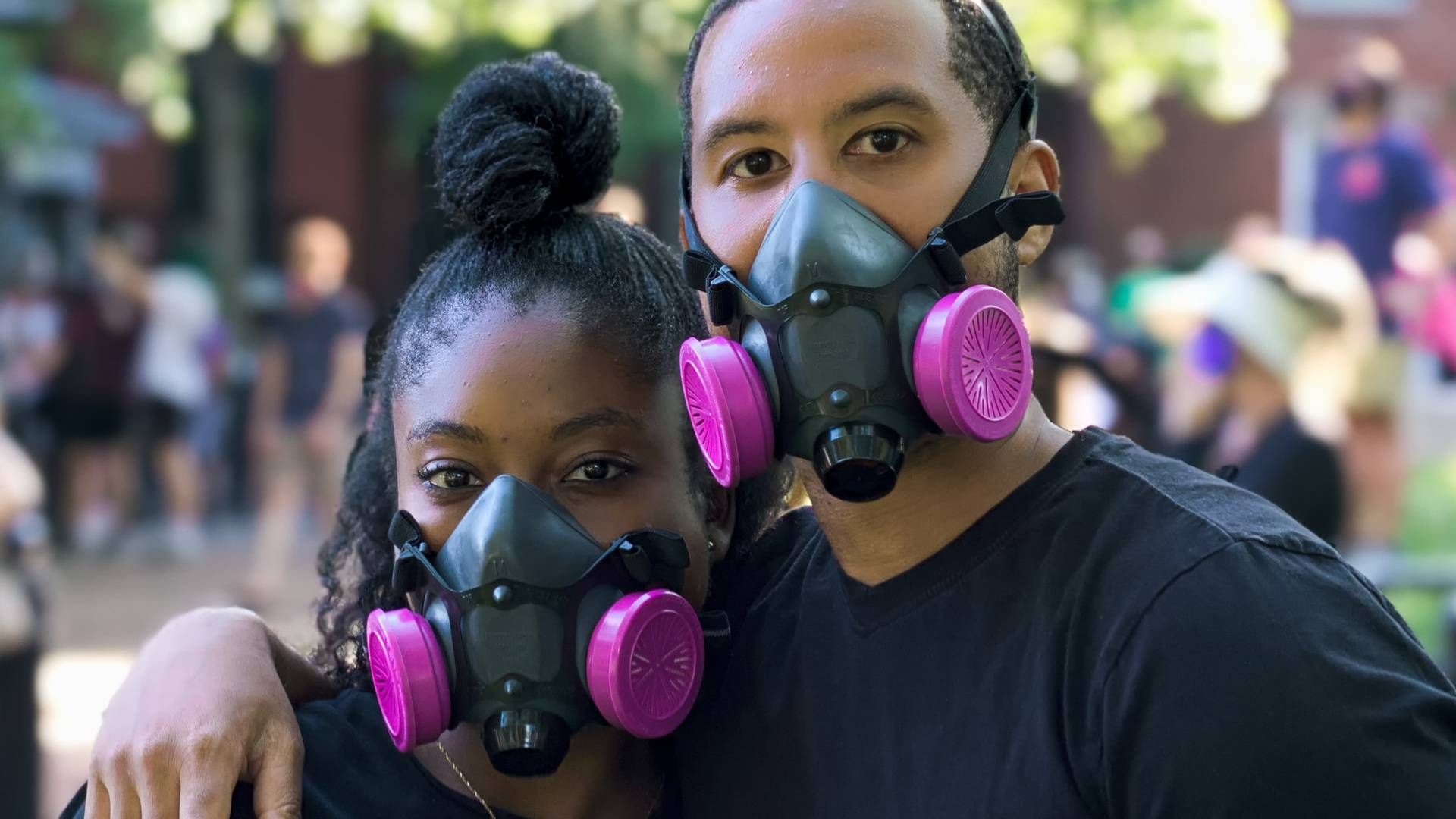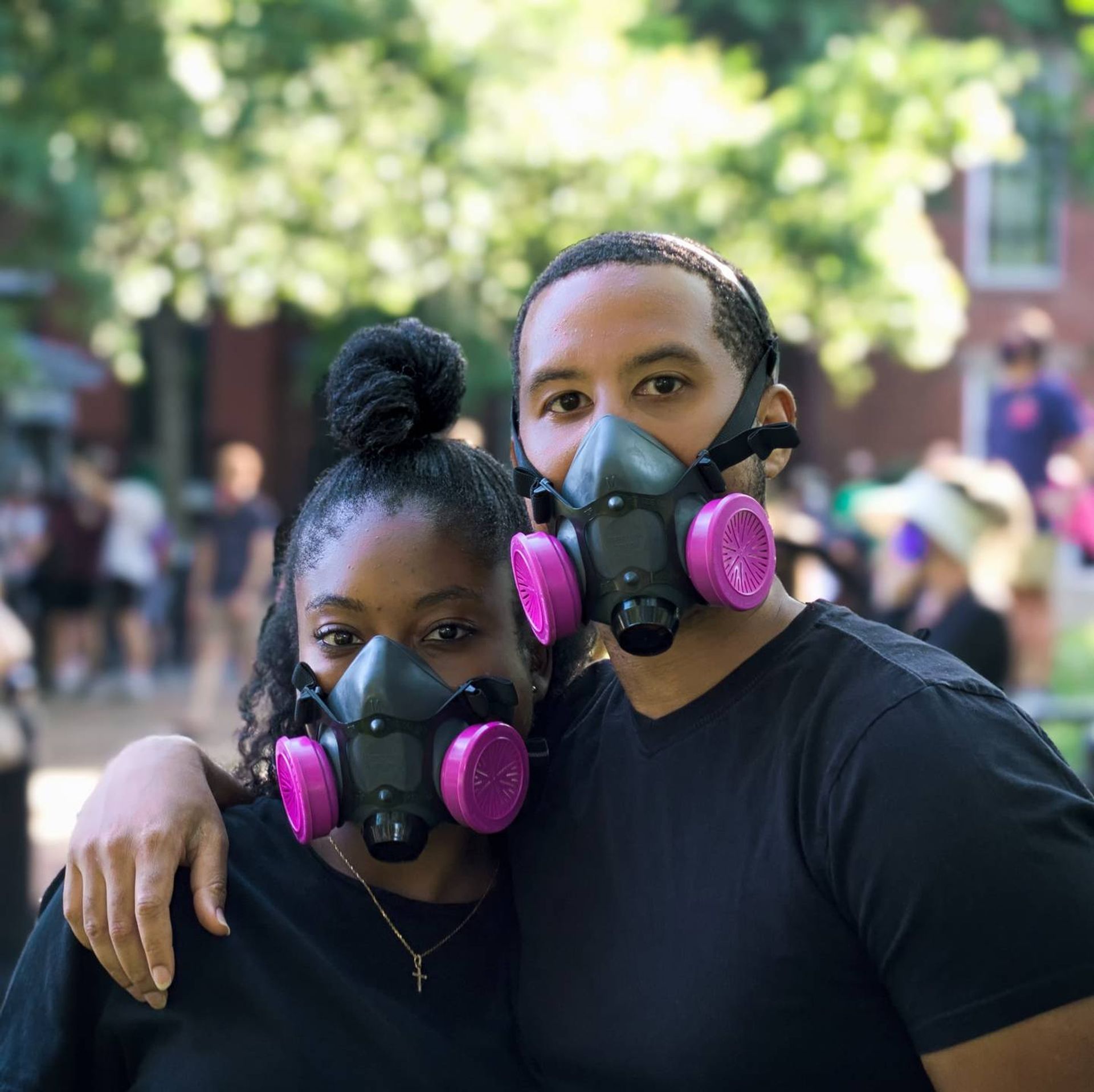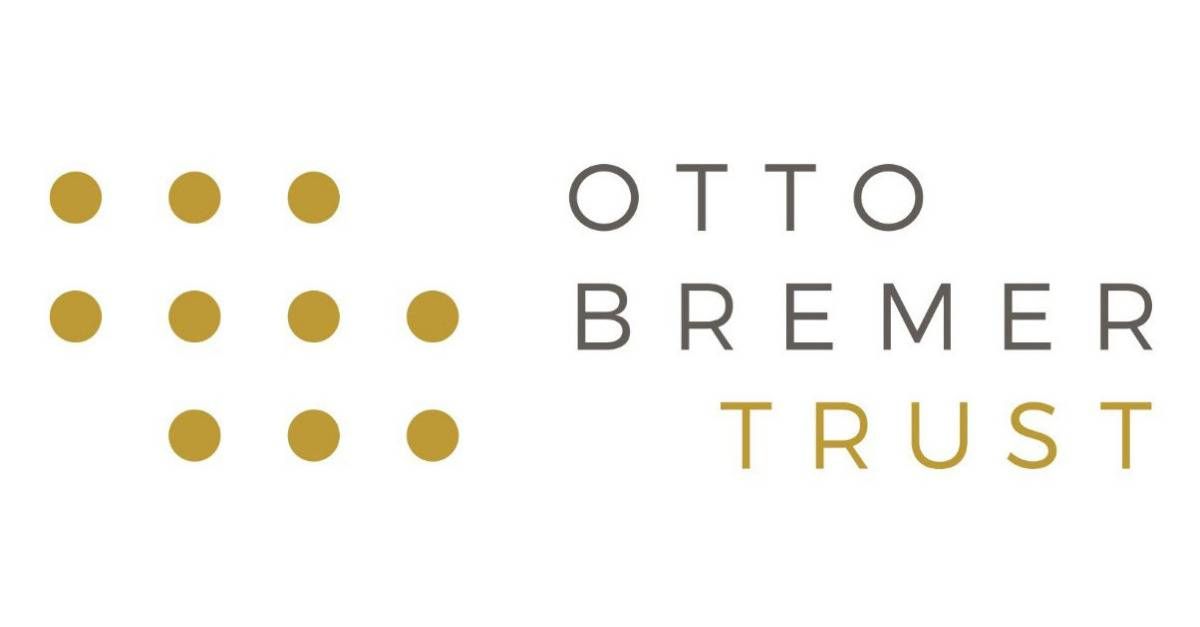Responding to Disparities: A Look at a Post-2020 United States


Have you ever had a cut in the most inconvenient place? One of those places that you continually bump and re-aggravate? That is the current backdrop of the United States, a festering set of wounds that are in the most used places of the collective body. There is a shared yearning for healing to mend the wounds that keep reopening. But healing does not mean there are no scars. It means altered tissue is rejoined into a new landscape. Moving toward a new future requires letting go of the pre-2020, because we can do better than before.
The events of 2020 opened many people’s eyes to deep and rooted inequities that are an undercurrent in this country and the world.
In the context of Minnesota the issue is magnified due to the Minnesota Paradox: the phenomenon that Minnesota ranks as one of the best places to live in the nation, but only if you are white. If you are Black, Native American or a person of color, it ranks as one of the worst. Information like this flies around like hot summer mosquitos: pesky reminders that won’t catch a hint.
This is an oppressive environment that strips communities of their power and aggressions, both big and small, one that belittles and hurts. A new future requires naming the infections of oppression that fester in the wounds.
Words like “public health” and “racism” have been launched into the realm of dinnertime conversation topics. In the last year, I have been asked for a definition of public health, whether or not something is racist, or what racism and public health have to do with each other. Although public health is a relatively young field, it is very much in a relationship with social inequities.
Public health focuses on the prevention of negative health outcomes. Current systems have created an inequitable world where differences in the ability to access services and the way people are treated directly contribute to disease and unequal outcomes. 2020 was the year racism was declared a public-health crisis. It was a call for mobilization and movement toward a new future.
A new future requires reattaching the severed pieces into a unified system. It requires harnessing the collective power. Minneapolis and Saint Paul make up the Twin Cities. They have their unique characteristics, but the major dividing line between these two locations is the mighty Mississippi River. Minneapolis is part of Hennepin County and Saint Paul is situated in Ramsey County, and all of that is a portion of Minnesota. So what does this all mean? It means there are five different systems to navigate: Minneapolis, Saint Paul, Hennepin County, Ramsey County and the State of Minnesota, all holding unique pockets of services and information, without working as a cohesive unit of support.
The uncooperative, disjointed nature of these five different systems have been felt in the response to the pandemic; we have five different agencies that cover the same stolen land, that are fractured and that do not work together for the betterment of its citizens. This is not unique to the Twin Cities or the COVID-19 pandemic. It is echoed across the nation.
The reverberating impact of a severed system creates barriers. In the landscape of COVID-19, it looks like barriers to equitable care, testing and vaccines. The barriers to services have tangible outcomes. Currently in Minnesota, Latinx people are testing positive for COVID at three-times the rate of their white counterparts, and Black Minnesotans are testing positive at two-times the rate of white Minnesotans. A new future requires barriers to be lowered and responses to be accessible to the most vulnerable communities.
The declaration of racism as a public health crisis is an opportunity. An opportunity to accept that there isn’t a before to go back to, to name the deep infection sickening us all, reattach systems into a cohesive unit and eliminate barriers. The motto of Minnesota is “L'Étoile du Nord” - the Star of the North. As a state with such different lived experiences and health outcomes, this is the chance to be a leader, a lodestar guiding the ship toward a more just future.
A post 2020 future requires us to dig deep, to that point between our belly button and tailbone - to the place that gets uncomfortable when we think about how much we must change to make the world better. This will not be our last crisis, and a new future deserves a reevaluation and reinvestment in how we will respond to that call for change.
We need to blur the focus and allow the new future to come into view. What does it smell like, look like, taste like, feel like? Who is fed, who is safe?
We must scratch that spot and aggravate it, get uncomfortable and work backwards toward the present. We must work toward eliminating the barriers that exist - not just throwing another bandaid on the problem because the wound will still bleed.
Hadija Steen Mills [they|she] was born and raised on Dakota land commonly known as Minneapolis. They received a Bachelor’s in Science from the University of Minnesota in sexual health with a focus on reproductive justice and health disparities. She has always been passionate about the creation of a world free of inequities and advocates for autonomy for the most systematically oppressed populations. Hadija’s work stems from a Healthcare Reparations ideology that pushes for unifying, creative and anti-oppressive approaches to a new world where Community Care elicits health.

This story is part of the digital storytelling project Racism Unveiled, which is funded by a grant from the Otto Bremer Trust.
On January 28, 2021, the Twin Cities PBS digital storytelling project Racism Unveiled hosted a live Zoom panel titled “Flight, Fight and Flow: Self Healing” aimed at examining the ways in which Black Minnesotans are affected by trauma, and how we can begin or continue our healing journey. Packed with insight and guidance, discover the six key takeaways illuminated by the event.
Black people and people of color in America have been subjected to centuries of medical experimentation and abuse, a history that has spurred mistrust of the healthcare industry for generations. Discover how some Black doctors are addressing the legitimate concerns of their patients of color who are deeply skeptical of the COVID-19 vaccines.
Whether doctors use abusive language, refuse to acknowledge a patient’s chosen pronouns on medical intake forms or ignore the specific needs of LGBTQ+ patients, normative gender/sexual orientations still abound in the healthcare industry, leaving many with a difficult question: Should I even go to the doctor? Four queer women of color, including Hadija Steen Mills, discuss barriers to LGBTQ+ women’s health care and share affirming ways to combat systems of oppressions through health education.
